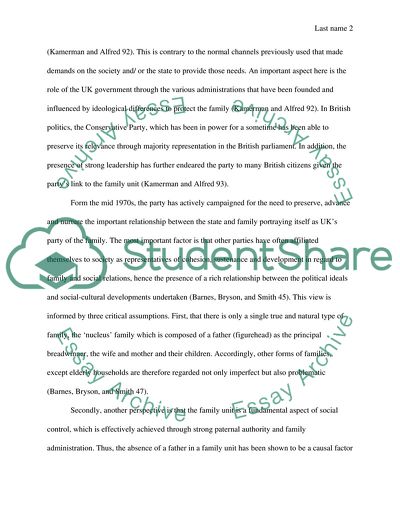Cite this document
(“Using an interdisciplinary approach, critically discuss the changes Essay”, n.d.)
Retrieved from https://studentshare.org/sociology/1681703-using-an-interdisciplinary-approach-critically-discuss-the-changes-and-trends-in-family-structures-in-britain-over-the-past-70-yearyou-must-use-two-or-three-disciplines-to-answer-the-question
Retrieved from https://studentshare.org/sociology/1681703-using-an-interdisciplinary-approach-critically-discuss-the-changes-and-trends-in-family-structures-in-britain-over-the-past-70-yearyou-must-use-two-or-three-disciplines-to-answer-the-question
(Using an Interdisciplinary Approach, Critically Discuss the Changes Essay)
https://studentshare.org/sociology/1681703-using-an-interdisciplinary-approach-critically-discuss-the-changes-and-trends-in-family-structures-in-britain-over-the-past-70-yearyou-must-use-two-or-three-disciplines-to-answer-the-question.
https://studentshare.org/sociology/1681703-using-an-interdisciplinary-approach-critically-discuss-the-changes-and-trends-in-family-structures-in-britain-over-the-past-70-yearyou-must-use-two-or-three-disciplines-to-answer-the-question.
“Using an Interdisciplinary Approach, Critically Discuss the Changes Essay”, n.d. https://studentshare.org/sociology/1681703-using-an-interdisciplinary-approach-critically-discuss-the-changes-and-trends-in-family-structures-in-britain-over-the-past-70-yearyou-must-use-two-or-three-disciplines-to-answer-the-question.


